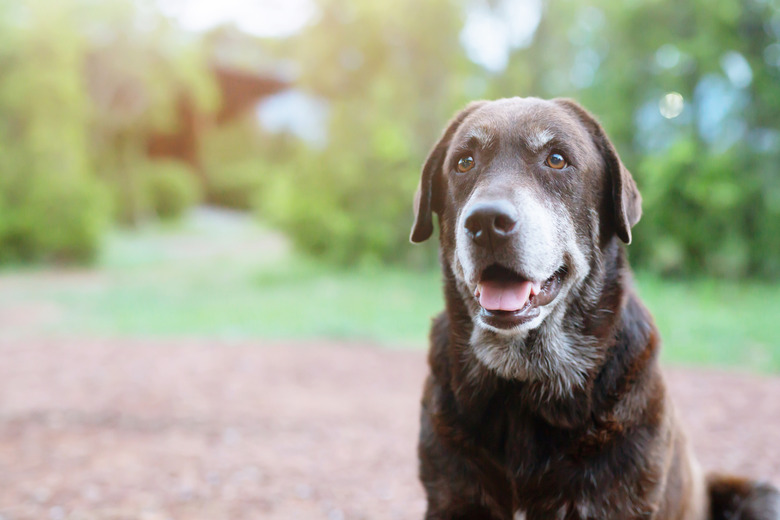Sudden Changes In Dog Behavior
You thought you could read your dog like a book. Seemingly overnight, he's not the consistent canine you know and love. If he displays sudden behavioral changes – whether aggression, fear, house soiling or other issues – something is wrong. Getting to the bottom of behavior changes in dogs might require you to take your pet to see a veterinarian, canine behavioral therapist, or both.
Lifestyle changes cause stress
Lifestyle changes cause stress
Dogs like familiarity in their everyday lives. If your pet's sudden behavioral change corresponded with a change in lifestyle, that could be the trigger. A move to a new house, a new baby, loss or gain of a pet in the household or change in the family structure causes stress in canines. Just placing its bed or water or food dish in a new place can stress a dog.
Taking steps to correctly introduce a dog to a new home will help you avoid upsetting your pet, or at least make the transition easier for the dog.
Even if no such obvious change occurred, is your dog's daily routine different in any way? Dogs like structure and familiarity. If your vet rules out any physical reasons for your dog's behavioral change, ask her to recommend a canine behavioral therapist.
Changes in older dogs
Changes in older dogs
Aging dogs suffer from some of the same behavioral changes as aging people – including the onset of dementia and cognitive dysfunction syndrome, according to the American Kennel Club. This might cause you to notice a dog personality change with age. Common behavioral changes in elderly canines include house soiling, sleep pattern disruption – such as walking around and vocalizing at night – sudden fears, clinginess, separation anxiety, aggression and compulsive, repetitive actions.
Take your geriatric dog to the vet for a complete physical examination, and let the vet know of any changes in the household and all incidents of strange behavior. Depending on the results of blood and other tests, your vet might prescribe medication to help alleviate any cognitive dysfunction or anxiety.
If your dog is diagnosed with a medical condition and his behavior is due to pain and discomfort, your vet might prescribe drugs or other therapies to treat the underlying disease. Arthritis and cancer are two common medical problems found in older dogs.
Adolescent canine behavior
Adolescent canine behavior
Dogs hitting the adolescent stage of life – between the ages of six months to 1.5 years, depending on size and breed – are the most likely to end up in shelters because of behavioral issues. However, those "sudden" behavioral changes from adorable pup to chewing, destructive, hyperactive canine are really stages, and will pass.
If you don't intend to breed your dog, this is the time to have the animal spayed or neutered, which will cut down or eliminate aggression or sexually related behavior. If you see sudden strange dog behavior, consider taking your dog to obedience school and make sure he has plenty of exercise, mental stimulation and good socialization opportunities. Once your dog is fully mature, the two of you are headed into the best part of your lives together.
Thyroid disease issues
Thyroid disease issues
Your dog's thyroid glands, located on either side of his trachea, produce hormones that regulate his metabolism, explains VCA Veterinary Care. When the thyroid glands go out of whack, all kinds of symptoms result. In dogs, hypothyroidism, or inadequate hormone production, is far more common than hyperthyroidism, or too much hormone production.
Typical behavioral changes in dogs lacking sufficient thyroid hormone include fearfulness, irritability, anxiety, compulsion and mood swings. The good news is that most of these symptoms are reversible when your dog is diagnosed as hypothyroid and receives daily medication.
Always check with your veterinarian before changing your pet's diet, medication, or physical activity routines. This information is not a substitute for a vet's opinion.


